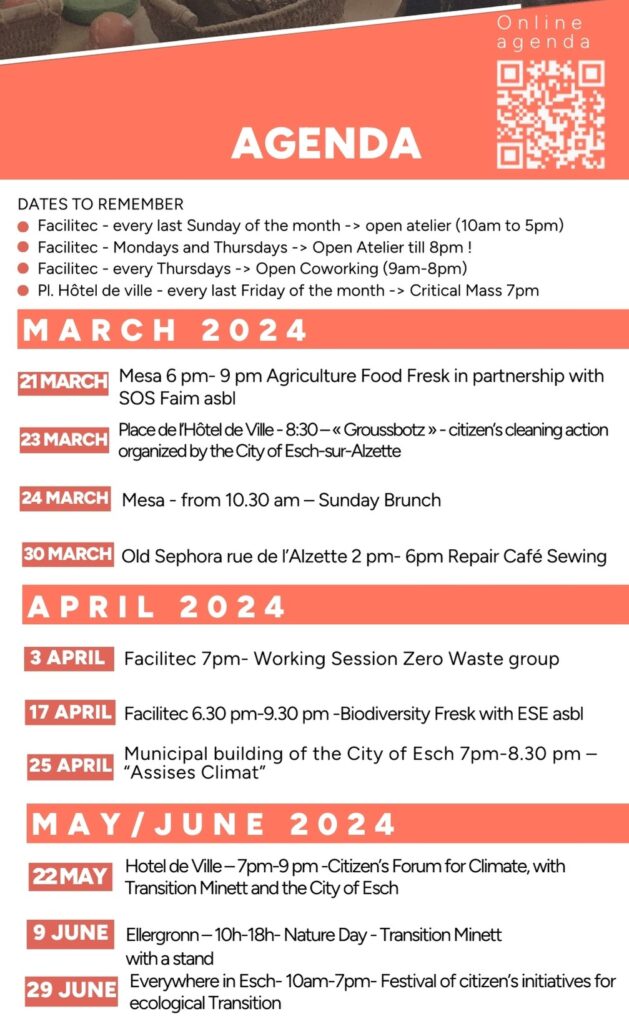Newsletter N°4 – adaptation to climate change
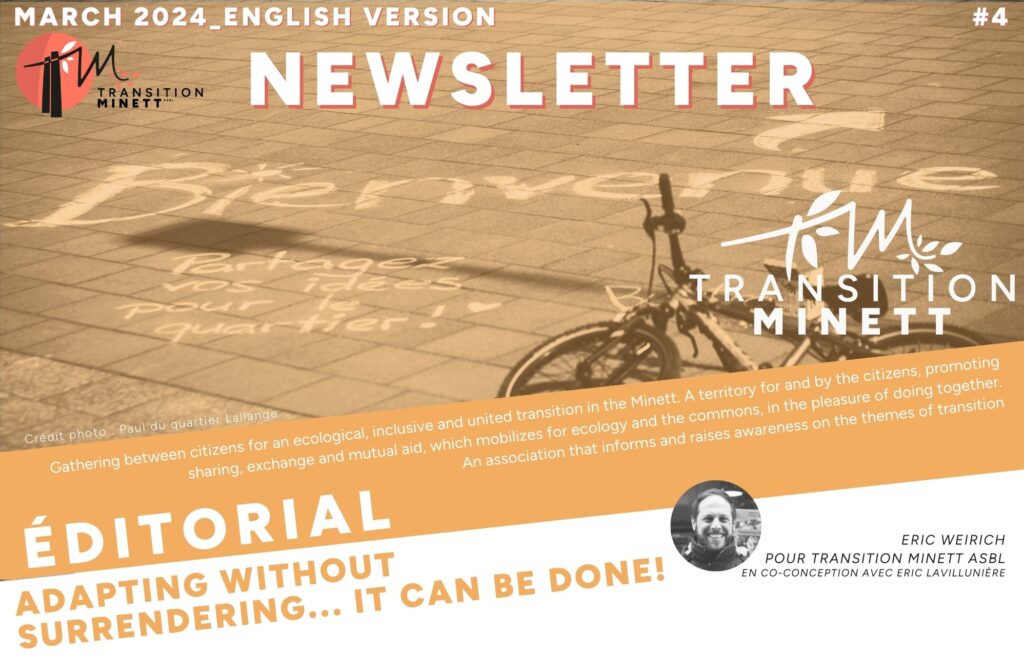
The Paris Agreement adopted in 2015 was a historic celebration! It was the first time, in more than thirty years of climate conferences, that the world community managed to agree on an ambitious and above all binding objective: To reduce greenhouse gas emissions in order to limit global warming to 1.5°C above pre-industrial levels.
However, Greenhouse Gas(GHG) emissions have continued to rise since the COP, reaching a new all-time high in 2023. Scientists now believe that this trajectory of growth in GHG’s is unsustainable, and above all that it is no longer possible to limit global warming to 1.5°C.

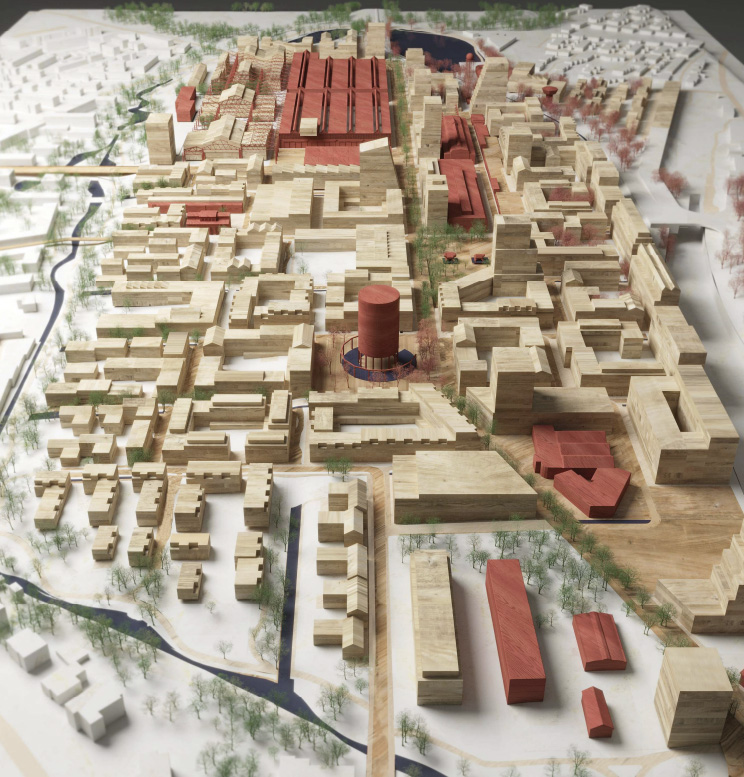
Projet Metzeschmelz, Agora
A ‘hot’ year in Esch !
2023 was the hottest year on record, and at the beginning of 2024 the planet exceeded 1.5°C for the first time in 12 consecutive months. Since the main factor in global warming is the accumulation of Greenhouse Gases (GHG), all the climate agreements aim to reduce them drastically and as quickly as possible. An initial deadline has been set for 2030 in Luxembourg, to reduce emissions by 55% compared with 2005.
At municipal level, it’s the “Climate Pact 2.0” tool that guides climate policy, encouraging municipalities to reduce their GHG emissions and make efforts to adapt to climate change. The town of Esch plans to present its adaptation measures at the Second Assises Climat that is being organised this year, at the end of April.
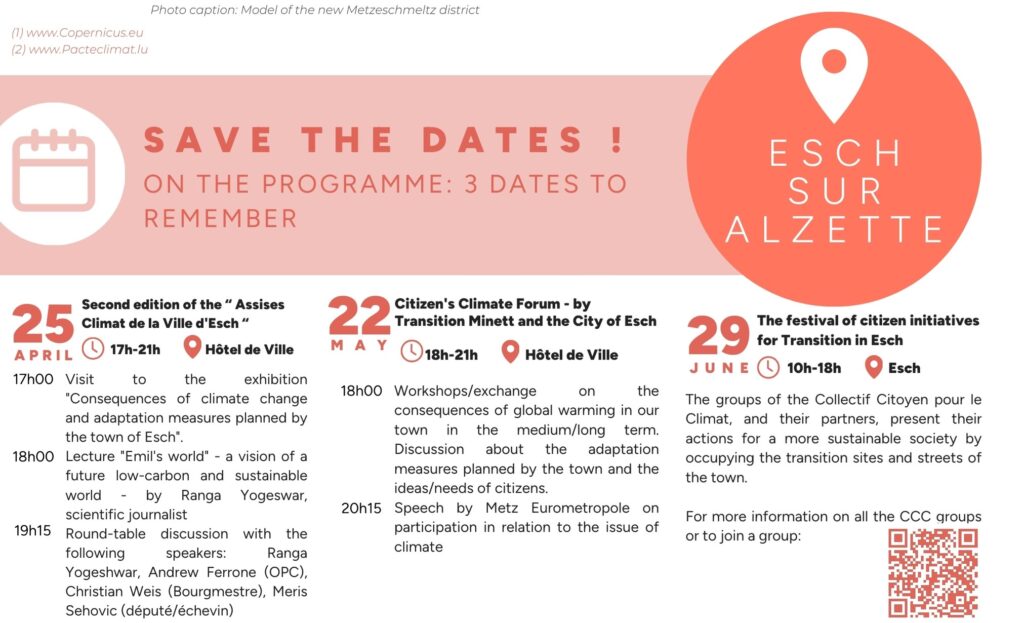

Food: choose change!
The agricultural production sector is one of the main emitters of greenhouse gases. More than ever, it is important to turn to local, planet-friendly agricultural production. Guaranteeing the human right to food, as well as the right of farmers to live in dignity (see international agreements signed by Luxembourg), is also crucial.
In Luxembourg, only 5% of the fruit and vegetables consumed are local. In 2023, only 6% of productive land was farmed organically.
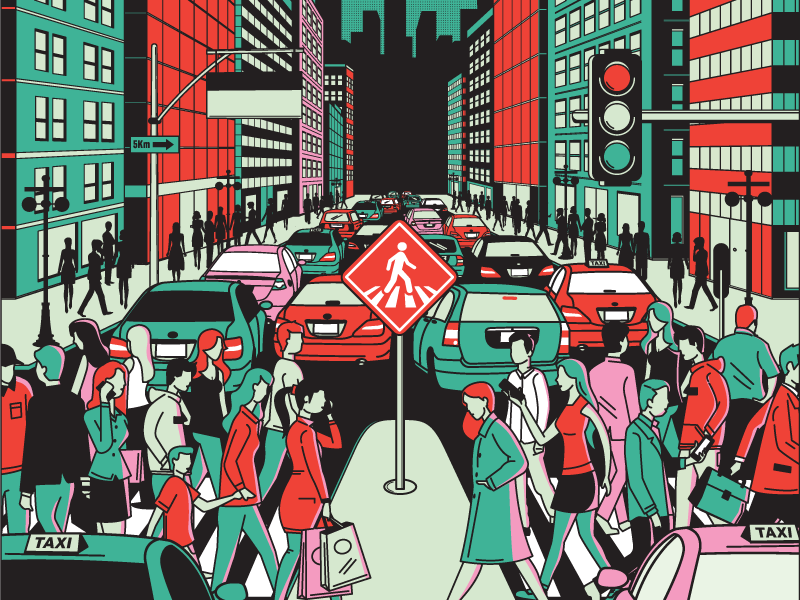
Long live cycling !
The transportation sector accounts for almost 60% of CO2 emissions in Luxembourg, compared with only 30% for our neighbours. This is partly due to the strong attachment to personal cars (700 cars per 1,000 inhabitants, 1st place in Europe). What’s more, half of all journeys of less than 5km are made by car!
A fundamental method for reducing the supremacy of cars is to rethink our cities.
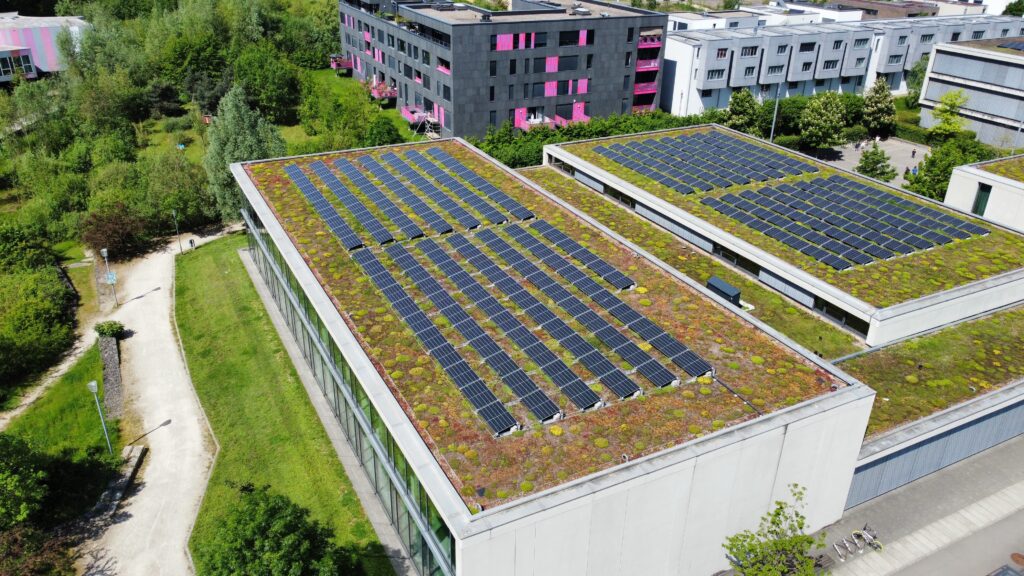
Nonnewisen project in Esch/Alzette – Commissioning 05/2023
Focus on energy cooperatives
Interview with Abbes Kalmes, President of TMEnerCoop S.C.
- What is an energy co-operative?
It’s a group of people who come together to pursue a social project that produces goods and/or services. In this case, we’re talking about the production, and soon the sharing, of renewable energy.
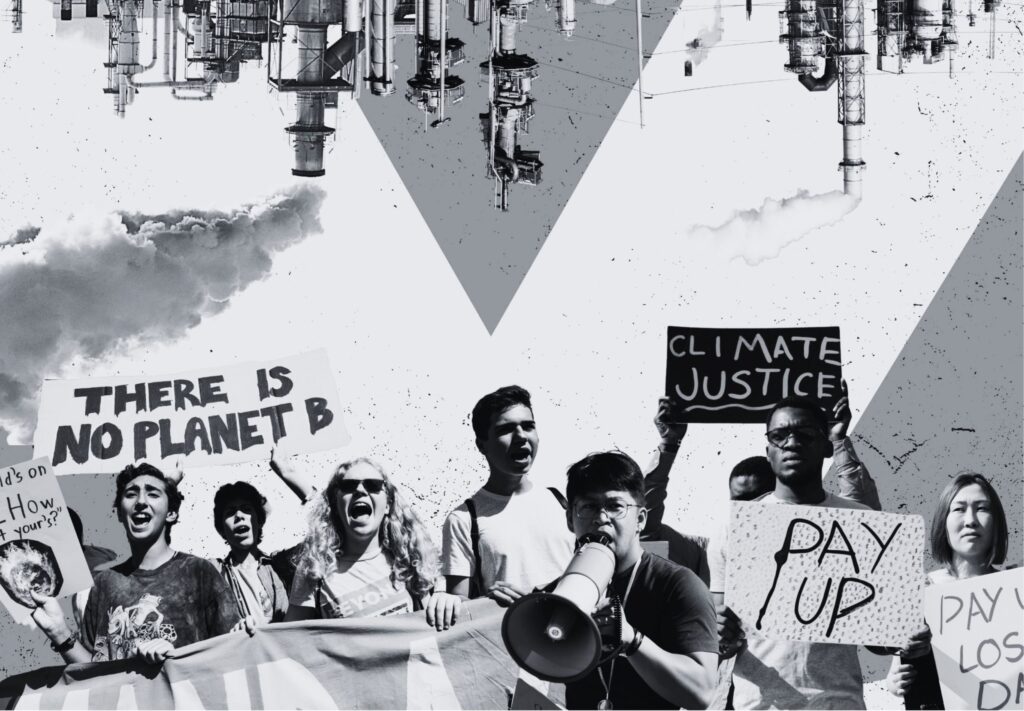
Climate (in)justice
When we talk about climate change, we quickly conjure up images of drought and flooding in Africa or Asia, with their disastrous consequences for local populations and harvests. But they also exist in our latitudes.
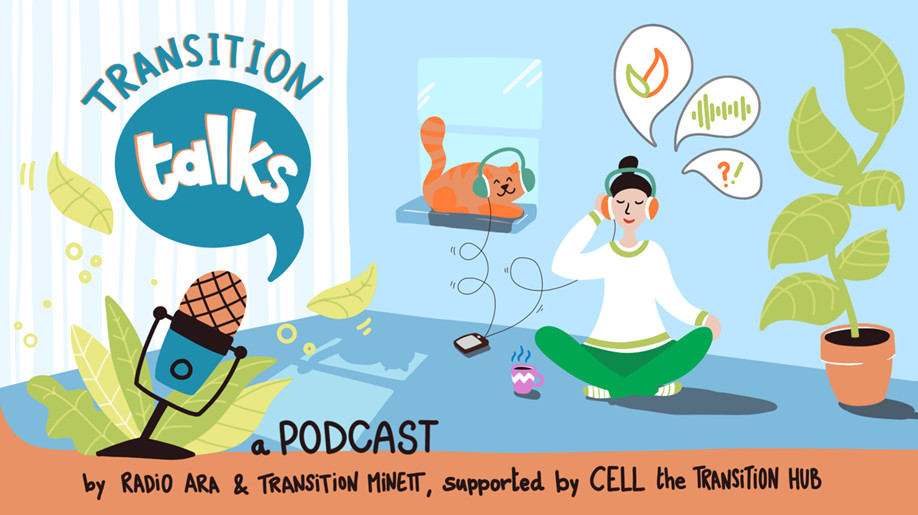
Sustainable energy and technology in Luxembourg (2021)
In this episode Sarah Graf talks to Albert Kalmes and Sarah Haas about energy and technology in Luxembourg. Albert Kalmes is President of the TM Energy Cooperative EnerCoop. Sarah Hass was secretary of the ASBL CoLab and was also responsible for the REconomy project in Wiltz.

